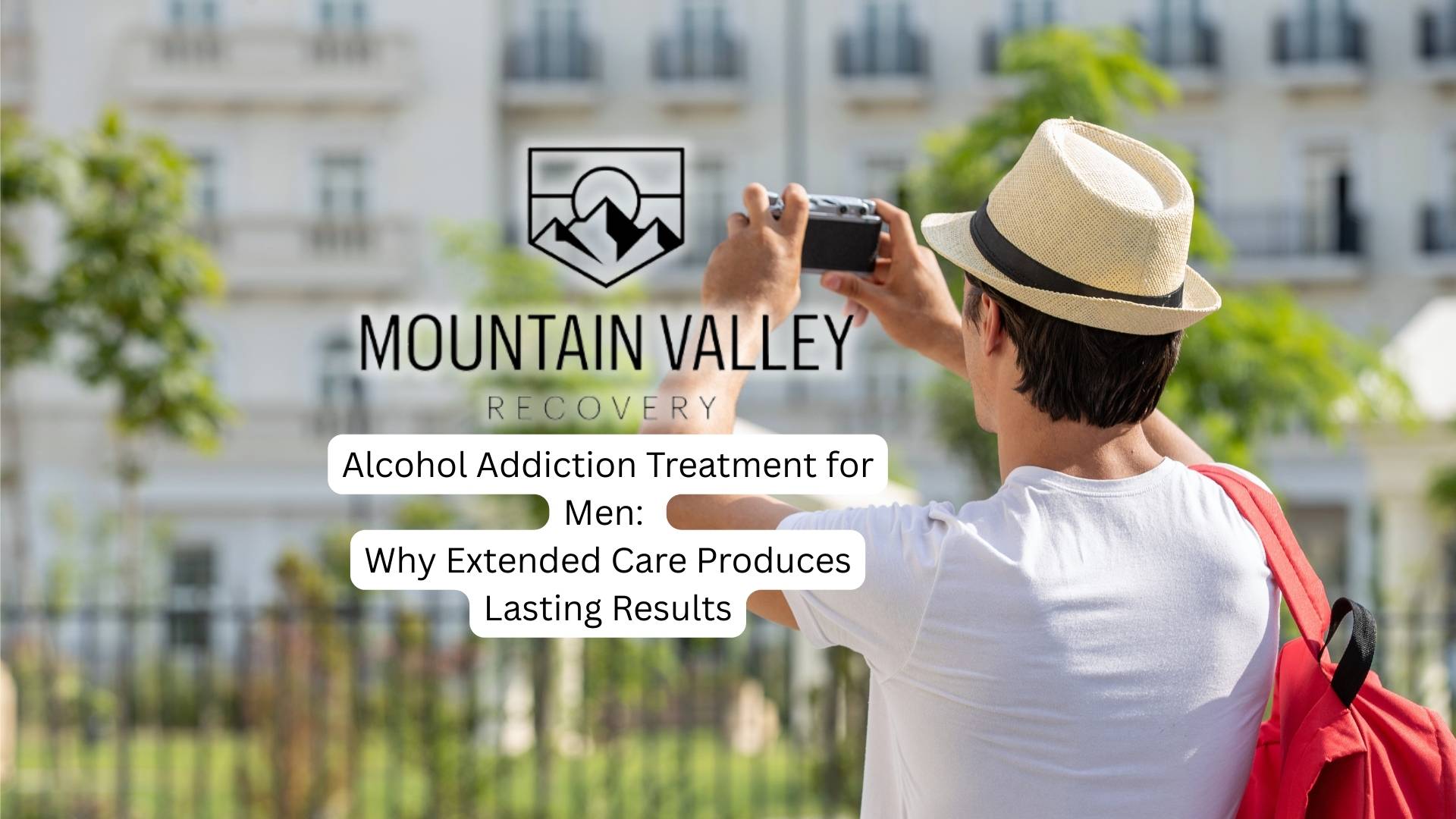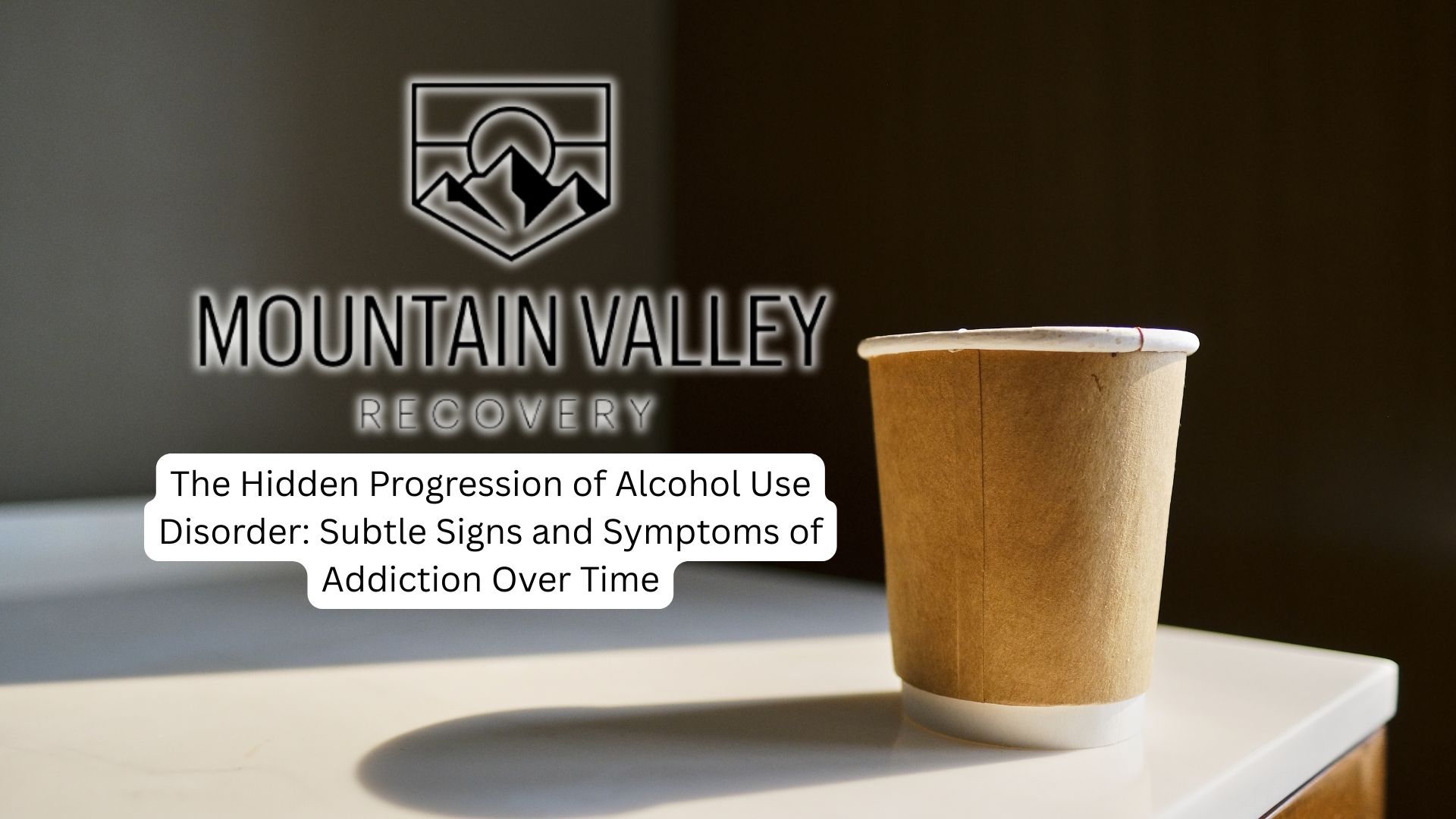When a loved one relapses, it can feel like your world has been turned upside down. A whirlwind of emotions—disappointment, anger, sadness, and confusion—often collide, creating a sense of uncertainty. Although it may be tempting to view this setback as a failure, it’s essential to recognize that relapse is frequently a part of the recovery journey.
This article aims to offer a comprehensive guide on how to respond effectively when a loved one relapses, providing strategies that combine emotional support with practical steps towards recovery.
Create a Safe and Supportive Environment
When your loved one relapses, it’s essential to create a safe and supportive environment that encourages open communication. Actively listen to their experiences without judgment, fostering a strong connection built on empathy and understanding.
This approach helps reduce feelings of shame and guilt, making it easier for them to open up about their struggles. Set clear boundaries to avoid enabling behaviors while still offering unwavering support.
Encourage your loved one to identify and discuss triggers, helping them develop self-awareness and coping strategies to navigate high-risk situations. Remind them of their past successes in recovery to instill hope and reinforce their motivation to continue their journey towards sobriety.
If your loved one is a man who is chronically struggling with substance abuse, it would be best to reach out to men’s rehab, as those professionals would have more insight about helping men who are inconsistent in their sobriety efforts.
Focus on Understanding, Not Blame
Instead of reacting with disappointment or anger, try to approach the situation with empathy and compassion. Attempt to understand the underlying factors that may have led to the relapse, such as stress, triggers, or unresolved emotional issues.
Engage in open and non-judgmental conversations to gain insight into their struggles and experiences. Remember that addiction is a complex disease and that recovery is a journey with ups and downs.
This approach not only strengthens your relationship but also increases the likelihood of your loved one seeking help and recommitting to their recovery journey.
Encourage Reconnection With Recovery Support
Encouraging your loved one to reconnect with their recovery support network is a vital step in helping them navigate the challenges of relapse.
Suggest they attend support groups like Alcoholics Anonymous (AA), Narcotics Anonymous (NA) or SMART Recovery, where they can find a sense of community and shared experiences to reinforce their commitment to sobriety.
Engaging with a therapist specializing in addiction can help them process the relapse, identify triggers, and develop a relapse prevention plan.
Attending regular therapy sessions reminds them they’re not alone and that support is available.
Provide information about local recovery resources, such as hotlines and addiction treatment programs, empowering them to take proactive steps towards re-establishing their recovery journey.

Express Your Feelings Thoughtfully
As you navigate the complex emotions surrounding your loved one’s relapse, it’s essential to express your feelings thoughtfully and empathetically. Use “I” statements to share your concerns respectfully, fostering a safe space for open dialogue without judgment.
Acknowledge that relapse is a common part of the recovery process for those with substance use disorder, and feelings of shame and guilt are normal. Focus on specific behaviors or situations that led to the relapse rather than attributing it to personal failure.
Reinforce your commitment to supporting their recovery journey, reminding them that they’re more than their addiction.
Establish Clear Boundaries
Setting boundaries helps distinguish between healthy support and enabling behaviors that may perpetuate addiction.
Common boundaries include refusing to provide housing during active addiction and withholding financial support, which reinforces personal responsibility in recovery. To communicate these boundaries effectively,express your feelings without assigning blame, fostering a non-confrontational dialogue about expectations.
Maintaining these boundaries is crucial for both you and your loved one, as it protects your mental health and emphasizes the seriousness of the recovery process. Regularly reassess boundaries as your loved one progresses to ensure they remain supportive and relevant to their current circumstances.
What to Avoid
- Avoid being impatient or dwelling on the past by constantly reminding them of their previous mistakes, as this can put a strain on your relationship and hinder their progress.
- Refrain from taking a hands-off approach, as this may be perceived as a lack of support.
- Don’t enable their behavior by providing financial assistance that could be used to purchase substances or by covering up his mistakes.
- Resist the urge to pass judgment or be critical, as this can drive them away and make it more difficult for him to seek help.
- Avoid setting unrealistic expectations for their recovery, as this can lead to disappointment and frustration.
- Don’t encourage or participate in drinking or drug use around them, even if alcohol wasn’t his primary problem, as it can be a powerful trigger.
Final Thoughts from Mountain Valley Recovery
If your loved one needs a more intensive, long-term approach to recovery, consider the comprehensive program offered at Mountain Valley Recovery in Utah. Designed specifically for men, their long-term residential rehab offers a supportive, immersive environment where individuals can address the underlying causes of their addiction, develop essential life skills, and achieve lasting sobriety.





